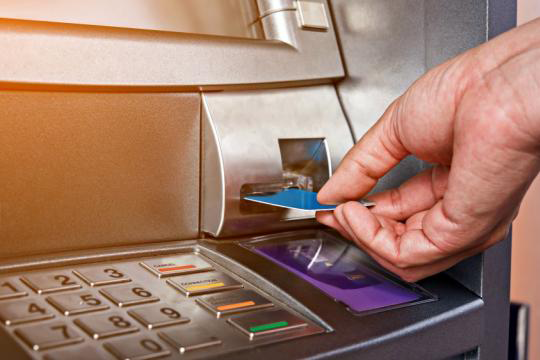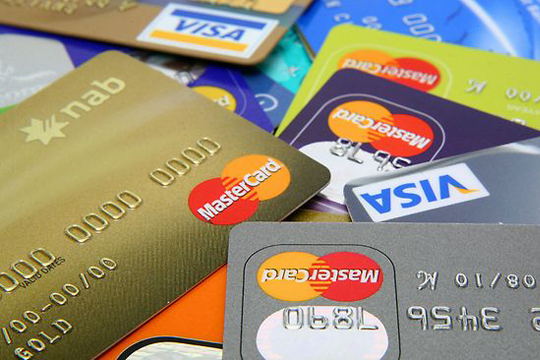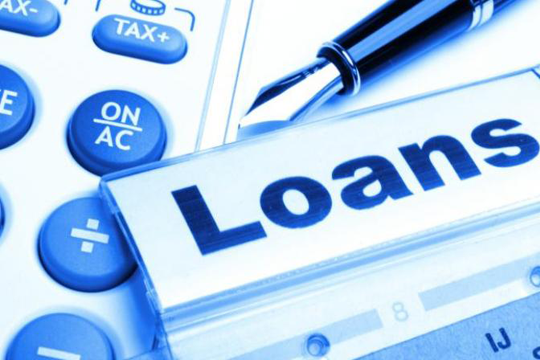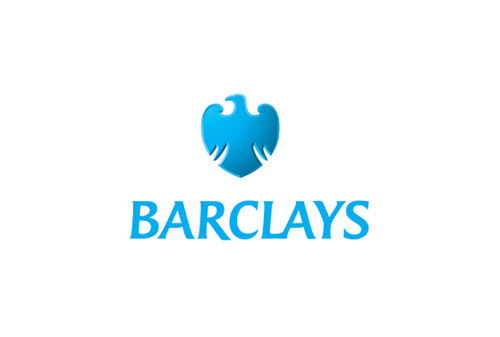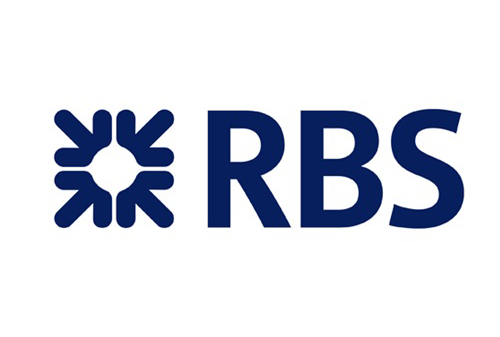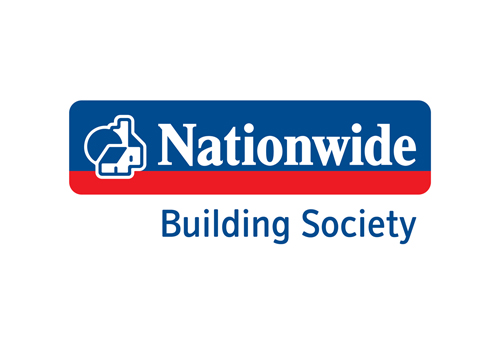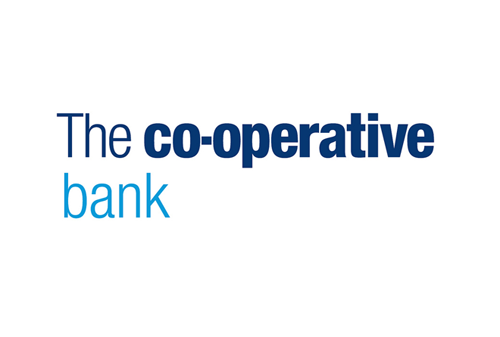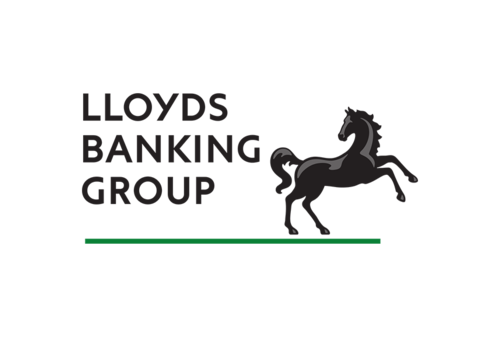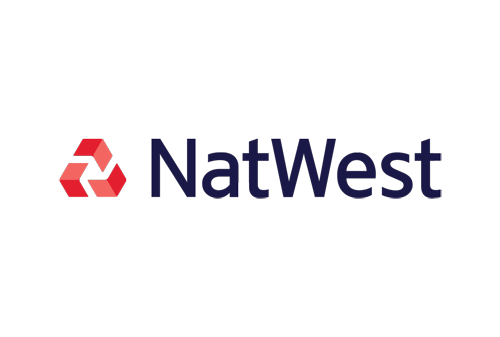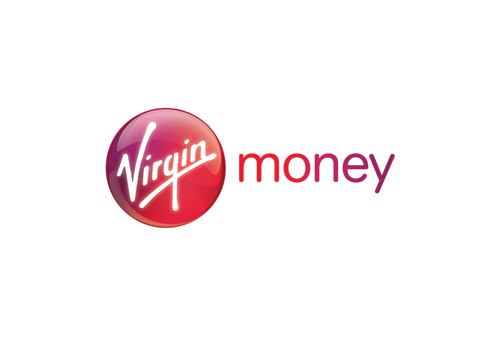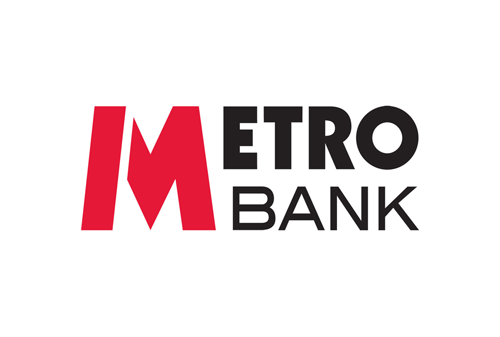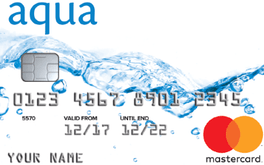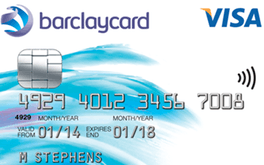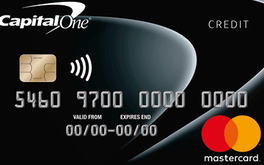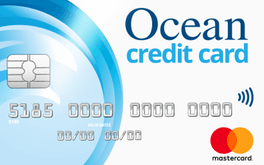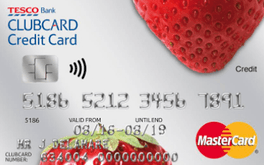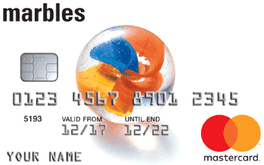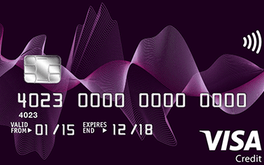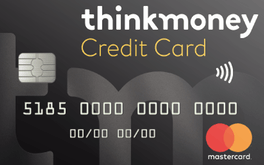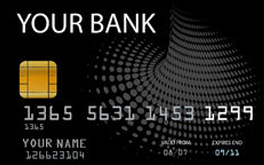Your Money Matters
Struggling to get accepted for credit?
For consumers with limited credit histories or bad scores, getting mainstream credit can be tricky. Whenever you apply for a credit card or loan, your lender will look at your credit history and your credit score to determine how much of a risk you'll be as a customer. If you've had debt problems in the past, county courts judgements (CCJs), or other financial issues, then your best bet may be to use a 'credit building' borrowing facility designed to help you turn your score around.
Credit builder borrowing, such as cards and loans, allow newcomers to the credit card market, and low-score individuals to improve their credit score. However, the amount of credit you are given may be less than with a standard product while the interest rate is much higher - which is why it's so important to use these products carefully.
Easier accessibility for those struggling with their credit rating or credit history is perhaps the biggest advantage of getting a credit builder product. Whether you've damaged your credit score with unpaid debts, or you simply need to build up a credit history, Your Money Matters resource portal will contain all the information required to help get you started.
BAD CREDIT BEST MARKET DEALS
The AAD Consumer Forum 'Your Money Matters' resource portal offers consumers simple and clear access to some credit providers who cater for bad credit consumers. Consumers can make their own decisions on financial products; we as a company are 100% neutral and independent meaning we are not owned by any insurance company or bank and do not get paid any commission for naming them on this forum. Being so neutral allows us to focus our energy and attention on providing the most relevant links to help you choose the right bad credit product for you.

Bad Credit - Top Bank Accounts
Bad Credit - Bank Accounts
Got a bad credit rating? Struggling to get a current account? Don't worry, even if you've got a poor credit score you can still get a debit card and pay bills by direct debit. A basic current account could be the answer. The accounts highlighted below show the providers that are most likely to accept you if you're looking to get a normal current account yet have some adverse data registered against you such as defaults or old debts, with the Credit Reference Agencies (CRA's).
The basic bank accounts shown above are only a small selection of the accounts and providers that have been tried and tested by members of our forum. They are in no particular order and you should make your own informed decision before applying for any of the financial products listed on these pages.
Bad Credit - Top Credit Cards
Bad Credit - Credit Cards
Got a bad credit rating? All is not lost! Bad credit credit cards can provide access to credit and can help improve your credit file. So if you're looking to improve your credit score then consider a sub-prime credit card, ideally suited for people with bad credit. The cards & providers below are the most popular ones that members of our forum say have accepted them, with a less than perfect credit file.
The bad credit credit cards shown above are only a small selection of the accounts and providers that have been tried and tested by members of our forum. They are in no particular order and you should make your own informed decision before applying for any of the financial products listed on these pages.
Your Money Matters
Tag Cloud
Refused Credit?
What can you do if you are turned down for a credit card?
Being refused for a credit card can be both frustrating and worrying – but it is important not to panic as there could be a simple explanation. AAD Consumer Forum takes you through the process of what to do if a lender refuses your credit card application step by step from how to check if there is a problem to fixing any problems.
Don't panic
The first thing to remember is try not to get too hung up on the fact that you have been rejected as it may just mean you have applied for a very popular card or the provider is only accepting those with a spotless history. Just because you have been declined for one card does not automatically mean you will be declined for them all. That said, one of the worst things you can do at this point is to start applying for loads of new applications.
This is because applying for multiple credit cards in a short space of time can damage your credit rating.
Although your credit file will not show that you have been rejected, for each new application you make a lender will run a check of your credit which leaves a mark on your file. The exception to this is the new 'unrecorded search' or eligibility check service offered by many providers which leaves no visible trace of the search to other credit providers.
If you apply for several credit products one after another it can make you look desperate for credit and indicate to other lenders that you are struggling to get accepted; which ultimately will add to their risk. Experian says: 'Unfortunately there's no golden rule on how many credit application searches might alarm a lender and in many cases it's only when you collect quite a few AND other information also suggests issues, such as you being maxed out on several credit cards, that credit scores usually start to be significantly impacted.'
If you're looking to borrow in order to pay off other debts or to help you pay bills and living expenses at the end of the month then it's worth talking to a free debt adviser as soon as you can. You can find out more about where to find help on the Money Advice Service website.
Find out why you were rejected
The most important step is finding out the reason why you were refused – lenders have to tell you if you were rejected because of a search of your credit history and which of the three major credit referencing agencies it used to search your file.
Although they do not have to answer it is also worth asking some more questions to dig around for the exact reason you were refused.
Check your credit report
The next step should be checking your credit file using one of the major credit referencing agencies, Equifax, Experian and CallCredit. However there are also some free variants which utilises the same info from the main 3 CRA's. These include Noddle (Data Provided by Call Credit), Clearscore (Data Provided by Equifax) & MSE Credit Club (Data Provided by Experian). These are explained in more detail on our Credit & Fraud Agencies guide.
They often offer trials to give you access to your report for free for a month. But these will require you to put in your bank details before you gain access. So make sure you set a reminder to cancel before the end of the promotion before you start paying any subscription fees.
Checking your file will show you all the information the lender had access to when reviewing your application. It include information such as how many accounts you have opened, your repayment history, your available credit and the age of all your accounts.
Your credit file will be able to show you importantly if there is anything dragging you down. It could be due to only one thing or a combination of lesser reasons.
It is important to comb through your report carefully as there could be a simple mistake stopping you from being accepted and in some cases it could even be a fraudulent application using your details to blame.
Improve your rating
There are a number of ways to improve your credit score in general such as making sure you're registered on the electoral roll, making sure all your previous addresses are included or clearing up any mistakes. If you have found any entries you do not recognise this can be a fairly easy fix – first of all contact the company in question and get it removed from your credit file.
You could also contact the credit reference agency to raise a dispute. The company will add a note on to your file while it looks into your case before either correcting it or give evidence showing it is right.
Whatever the outcome you will be allowed to add your own note to explain your side of the story. Remember if there is a mistake you may need to correct it with all three main credit reference agencies. It could be worth speaking to the lender which refused your initial application to see if it will reconsider your application once you have corrected the mistake.
Unfortunately not all problems will be a quick fix and for some improving their rating will just be a case of improving their habits. Staying on top of existing debts and setting up a direct debit to make sure you always pay on time will help. If you are already struggling with a large overdraft or negative balance you should speak to existing lenders to see if they can help set up a repayment plan or help you avoid extra fees.
Choose the right lender
When you come to make another application it is important that you do your research before diving in asking for more credit. Your choice of card and lender can increase your chances dramatically. If you have a decent rating but just not one high enough to get a premium card you will be best off opting for one with a shorter balance transfer, special offer interest deal or a slightly higher APR.
Putting in some some time to research the lending criteria of each different credit card company may seem like a hassle but could save your from further rejections. Restrictions could include a minimum salary or age, some specify that you must have had no CCJs in the past five years or no history of bankruptcy, you have no history of late payments or going over your credit limit and even that your existing debts are less than a certain percentage of your income.
